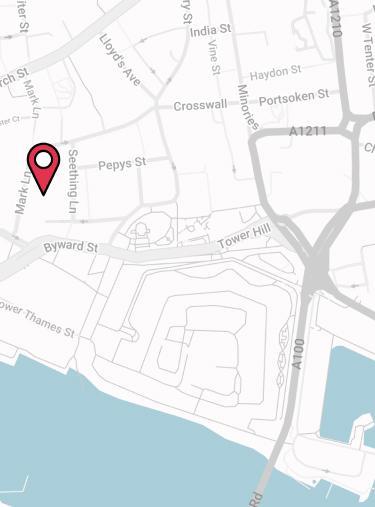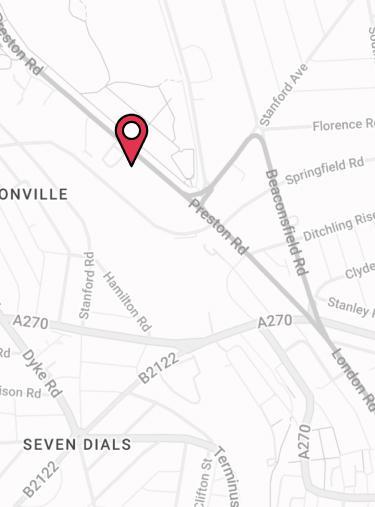
Which Gifts Are Inheritance Tax Free?
What is Inheritance Tax?
Inheritance tax is a levy you must pay on the value of all assets (property, possessions, cash etc.) you own at the date of your death. This accumulation of assets is known as your estate.
As a single individual, if you own assets worth more than £325,000 of relevant property (i.e. assets inheritance tax is payable on) at the date of your death, you’ll be charged inheritance tax at 40% on all assets over this £325,000 threshold. This threshold is known as the ‘nil-rate band’.
There’s also a special allowance for a main residence when it’s left to direct descendants. Introduced in the 2017/18 tax year and initially worth £100,000 per person, it will stand at £175,000 per person by the tax year 2020/21.
This will provide a single individual with an inheritance tax-free allowance of £500,000 by 2020/21 providing their estate includes their main residence and they’re passing it to direct descendants (e.g. children, stepchildren grandchildren).
Inheritance Tax and Gifts
Inheritance tax could extend further than simply the value of your estate on death. To prevent you from gifting away your assets while you’re alive to reduce your inheritance tax bill, there are complicated rules surrounding what you can and can’t give away and when you can do it.
What Classes as a Gift for Inheritance Tax?
- A transfer of any of your assets with a value
- A loss in value when something’s transferred, e.g. if you sell your house to your child for less than it’s worth, the difference in value counts as a gift
- Forgiveness of a debt: if you loan someone money and forgive the debt, this counts as a gift as your estate has decreased and their estate has increased.
Potentially Exempt Transfers
These are gifts of unlimited value other than the below inheritance tax free gifts and gifts into certain trusts.
If you give such a gift to an individual while you’re still alive, it’s not free from inheritance tax straight away. Instead, it’s classed as a potentially exempt transfer (PET).
You must live for 7 years after making said gift (and potentially up to 14 years if you’ve previously made gifts to certain trusts) for it to become a fully exempt transfer for inheritance tax purposes.
Note that in some circumstances a gift will never become an exempt transfer, with the most common reason for this being that you retain a benefit from the gift, such as giving away your home and continuing to live in it rent-free.
Otherwise, if you die within the specified timeframe, the recipient of the gift may be charged inheritance tax on the assets they received if you’ve given away gifts in excess of your nil-rate band in the 7 years (and potentially up to 14 years) before you passed away.
If you’ve kept your gifts within the nil-rate band, the recipient of the gift(s) won’t typically have to pay any inheritance tax on the gift, but the gifts will use up the nil-rate band threshold available at death as the gifts were made first. This leaves more of your remaining estate at death vulnerable to inheritance tax.
Which Gifts are Inheritance Tax Free?
Not all gifts count as potentially exempt transfers, however.
There are many gifts you can give away during your life to individuals that, providing you keep to strict limits, are typically completely free of inheritance tax no matter how long you live after making them. These include:
- Gifts to spouses / civil partners
There’s no inheritance tax liability between husband and wife or civil partners. - The annual gift exemption
Allows anyone to gift up to a combined total of £3,000 in each tax year (6 April to 5 April) to whoever they chose. You can carry over up to £3,000 in unused IHT allowance from one tax year to the next, but you must use up all of your allowance in that tax year. - Small gifts exemption
Small gifts of up to £250 can be made to as many people as you choose – although you can’t use your annual exemption and your small gift exemption on the same person in the same year. - Wedding gifts
You can gift up to £5,000 to your children / stepchildren as a wedding gift. Smaller allowances are available for grandchildren (£2,500) and gifts to friends or other relatives (£1,000). - Gifts to charities or political parties
Certain gifts to political parties as well as those to charities, museums and universities are free from IHT. If you leave more than 10% of your estate to charity, your overall IHT rate is reduced to 36%. - Gifts for living costs
Help a former spouse, elderly dependent or child under 18 in full-time education with their living costs without any inheritance tax liability. - Gifts out of excess income
This covers regular gifts only, such as Christmas and birthday presents, but you must prove that you are able to maintain your current standard of living after making said gifts. The gifts must form a pattern of gift-giving to pass this test and the rules are complex – seek advice before attempting to reduce your estate via this avenue.
Need Inheritance Tax Advice?
There is a lot of advanced planning that needs to take place when considering inheritance and minimising the potential tax liability.
Our specialists are on hand to support you through the journey. They will work with you to understand your specific circumstances and based on their knowledge of inheritance tax and will make recommendations as to the best way to minimise the inheritance tax bill for your loved ones.
If you would like to discuss your options with one of our specialists please do not hesitate to give us a call on 02084327334 or email help@drewberry.co.uk.
- You’ll speak to a dedicated specialist from start to finish
You will speak to a named specialist with a direct telephone and email. No more automated machines and no more being sent from pillar to post – you’ll have someone to speak to who knows you. - Benefit from our 5-star service
We pride ourselves on providing a 5-star service, as can be seen from our 2274 and growing independent client reviews rating us at 4.92 / 5.
- Topics
- Inheritance Tax
- Retirees
Contact Us
125-135 Preston Road
Brighton
BN1 6AF
Cookies
Drewberry™ uses cookies to offer you the best experience online. By continuing to use our website you agree to the use of cookies including for ad personalization.
If you would like to know more about cookies and how to manage them please view our privacy & cookie policy.








